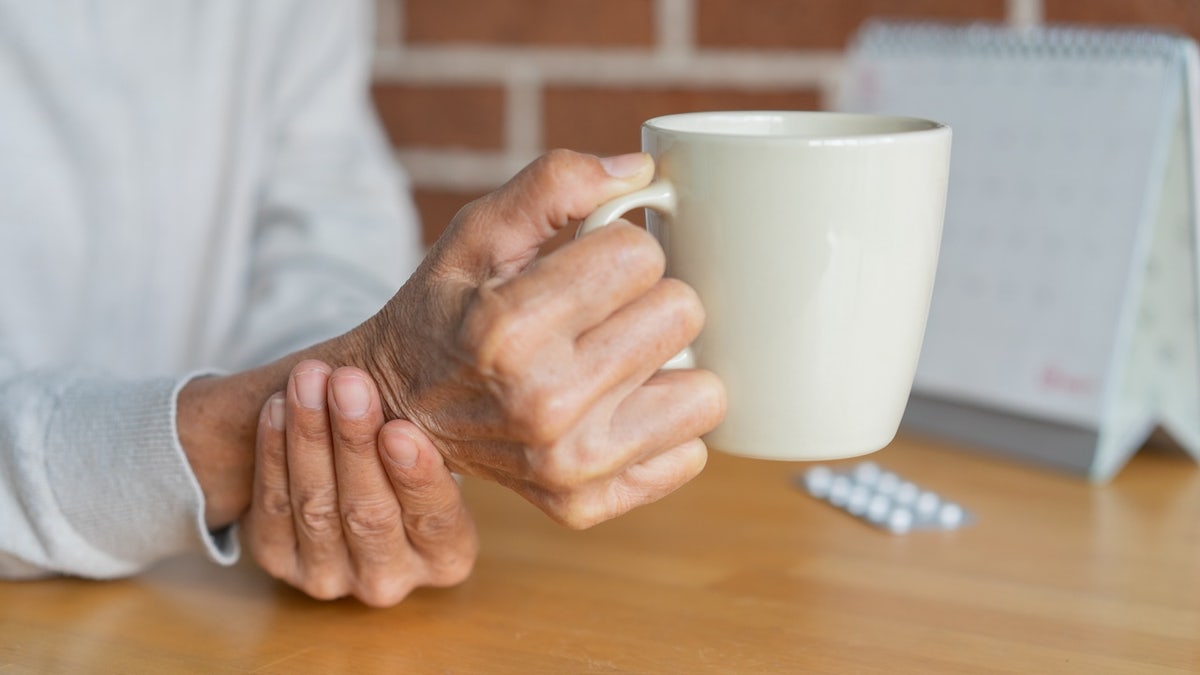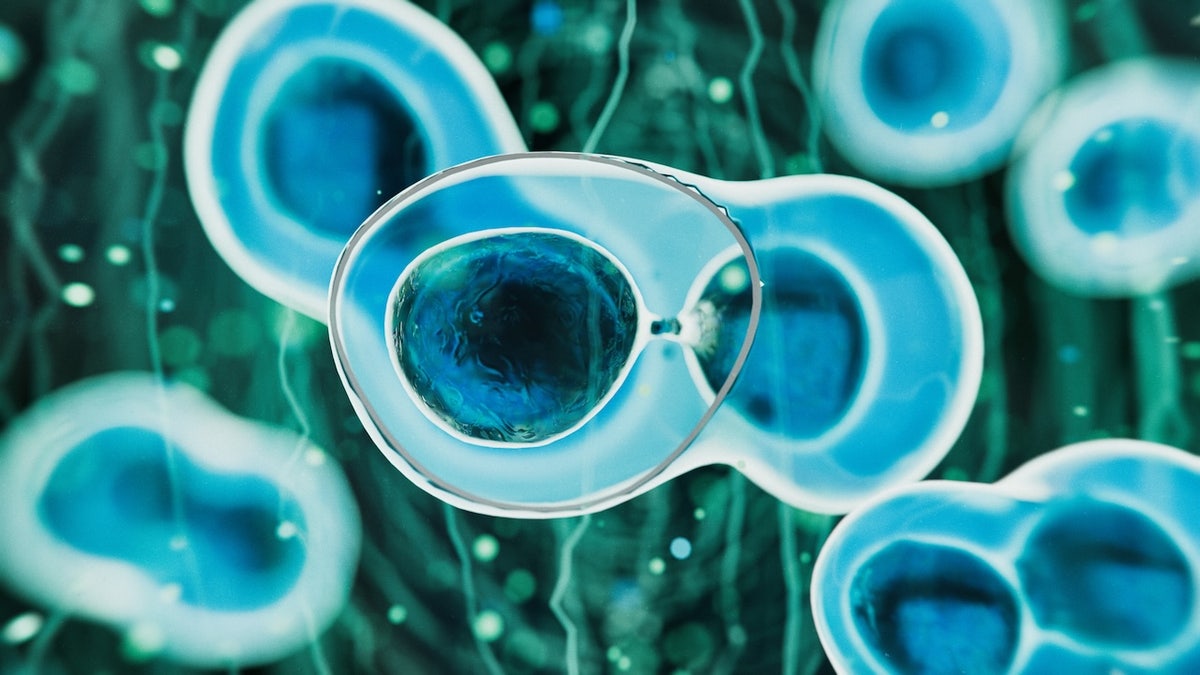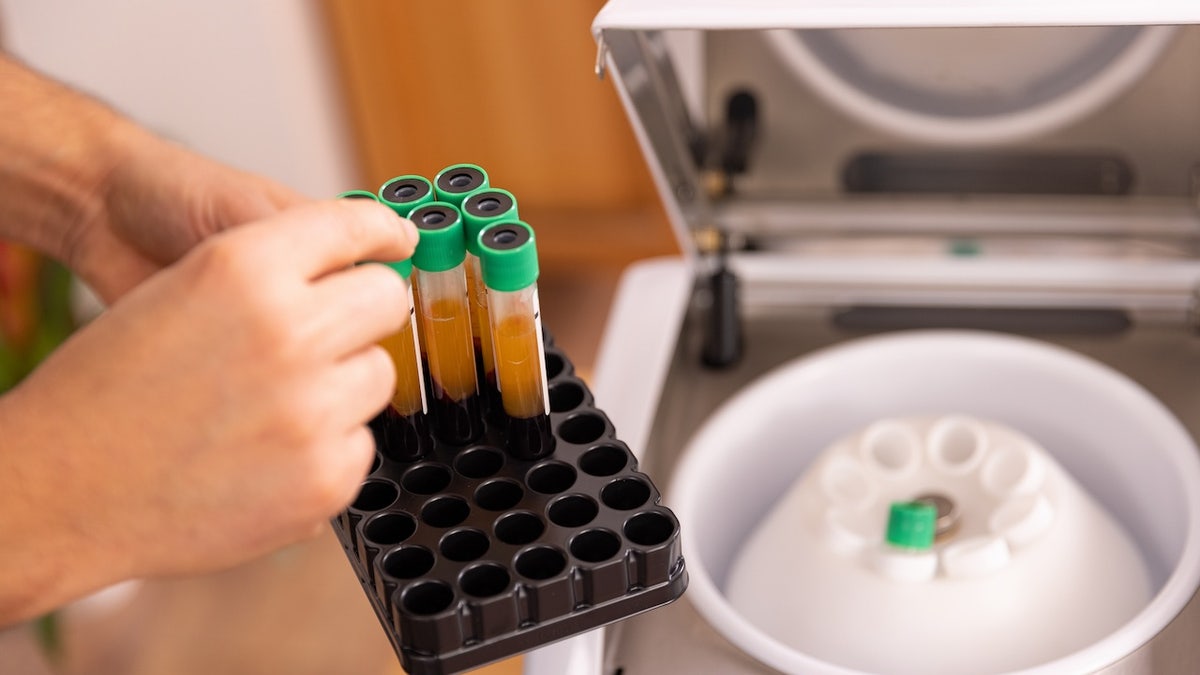In the US, it’s house to about 1 million folks dwelling with Parkinson’s illness, and 90,000 folks get new diagnoses every year, however the race is below remedy.
Researchers on the Memorial Sloan Kettering Cancer Center (MSK) have introduced their developments on the frontline. They have developed a brand new remedy to deal with superior Parkinson’s illness utilizing stem cells.
New medicine for Parkinson’s illness have been proven to be efficient in medical trials: “Highly inspired”
When cells are injected, they produce dopamine, a hormone within the mind, which helps them transfer and coordinate.
(One attribute of Parkinson’s illness is low ranges of dopamine, inflicting typical signs of tremors, stiffness, steadiness points and strolling difficulties.)

Around 1 million folks dwell with Parkinson’s illness within the United States, and 90,000 folks obtain new diagnoses every year. (istock)
Eighteen months later, the injected cells “consolidated the mind with none critical unintended effects,” the researchers reported.
Based on MDS-Updrs, a symptom ranking scale developed by the International Parkinson and Movement Disers Society, contributors skilled a “important enchancment,” significantly the group receiving the next dose.
Patients within the high-dose group reported a further 2.7 hours of “on-time” each day.
“In our research, not solely did the rating not deteriorate, however we additionally dropped by over 20 factors within the high-dose group.”

The researchers used donated stem cells (taken from early stage embryos) to create neurons (neurons) and implanted them into the brains of 12 Parkinson’s sufferers. (istock)
On common, sufferers within the high-dose group reported a further 2.7 hours of “on-time” indicating a interval of regular functioning with minimal signs – “a really significant final result for each day life.”
Given the success of the Phase 1 trial, the US Food and Drug Administration (FDA) has authorized researchers to go on to the Phase 3 medical trial in a a lot bigger group of sufferers (roughly 100) within the first half of 2025.
The findings have been revealed in Nature.
The Parkinson’s illness incident might double globally by 2050, analysis reveals
“The outcomes of this work have lasted over many years, so the findings have been rewarding.”
“Major Step”
Dr. Mary Anne Picone, medical director of the MS Center at Holy Nam Medical Center in Teenick, New Jersey, stated cells for the remedy of Parkinson’s illness couldn’t solely decelerate the dysfunction, however might additionally cease development and result in improved motor operate.
Click right here to get the Fox News app
Currently, Levodopa, the first-line remedy for Parkinson’s illness, is proscribed in that sufferers require extra dosages over time.

Eighteen months later, the injected cells “consolidated the mind with none critical unintended effects,” the researchers reported. (istock)
Dr. Anne Murray, director of the Movement Disorders on the WVU Rockefeller Neuroscience Institute in West Virginia, referred to as the research “extremely thrilling” for folks with Parkinson’s illness.
Click right here to enroll in our well being e-newsletter
“This is simply step one to approving any such remedy for sufferers affected by Parkinson’s illness, however that is an unimaginable first step for the potential advantages of stem cell mind remedy.”
Potential limitations
There have been a number of limitations associated to the research, Tabar famous.
“This is a small research designed to show security. It’s essential to hold out bigger, higher managed research to show that therapies truly work.
“This is an unimaginable first step for the potential advantages of stem cell mind remedy.”
However, these early findings “counsel a powerful promise.”
“I feel we are able to say that stem cells, if they arrive from correctly and differentiate, have a giant promise to in the future restore the mind below Parkinson’s illness or probably different situations,” Tabal stated.
For well being articles, please go to www.foxnews.com/well being
Cell remedy was developed at MSK and authorized by Bluerock Therapeutics in Massachusetts and funded the research.

